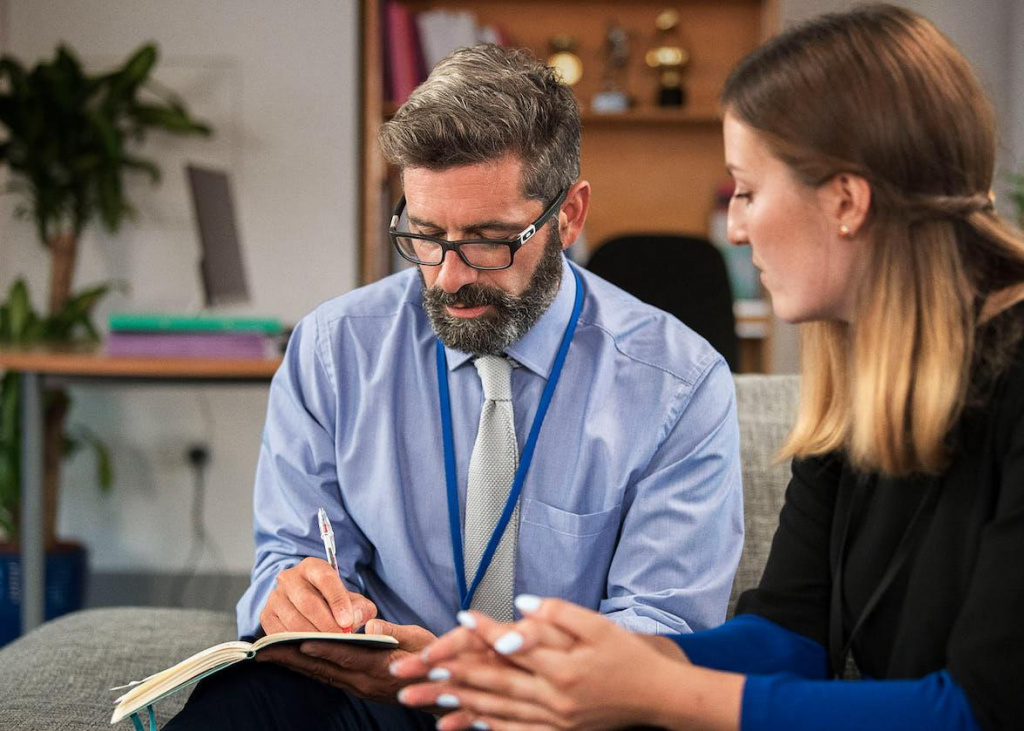
It is a strange thing about teaching that the better and more experienced we get, the less of it we are expected to do. Teaching has always had the concept of ‘time off’ from teaching children to do work which is presumably reckoned more important. This means that professional status lies with doing less of the essential work of the profession.
In other professions, those with the highest stature take on the most challenging cases. In law, the head of chambers takes on the biggest trial (for the biggest fee, of course) and the rest of the team coalesce around the effort to support.
In health, the consultant surgeon takes on the most complex operation and many less experienced colleagues might ask to watch and learn. It is why we still say operations are ‘performed’ in a ‘theatre’: as surgery began in the early 19th century, doctors clamoured to watch those with knowledge and expertise so that they might learn from the best.
Yet in schooling, we traditionally follow a different tradition. An A level group comprising students who are well versed in their subject discipline and supposedly able to manage their own learning is typically assumed to need to be small in size. At the same time, a key stage one class of children with a range of capabilities, needs and experiences sees thirty as the normal number.
For a child with special needs or disability it is often seen as success if they can be allocated a teaching assistant for some of the time.